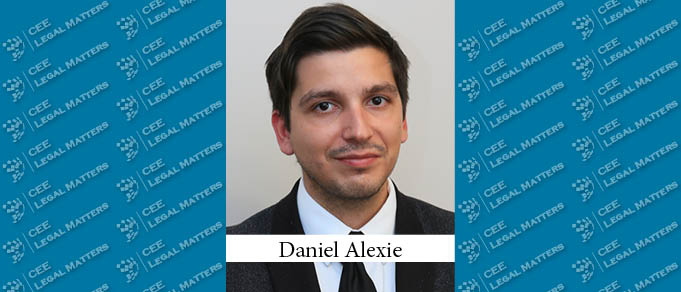Romania's markets faced a bit of a slow start to the year but have since overcome it and are back on the right track, according to MPR Partners Partner Daniel Alexie.
“The start of the year was somewhat slower and less energetic when it comes to M&A work,” Alexie begins. “But I would not read much into it – the turn of the year is usually a slower period, with many investors taking a well-earned break and pausing some of their activities.” Indeed, he reports that transactional work has spiked recently, with “IT and tech leading the charge. I feel that the market will only get stronger as the year progresses, to be honest.”
In addition to M&A and transactional work, Alexie reports spikes in activities on account of migration. “Following the beginning of the war in Ukraine, we have seen high numbers of Ukrainian and Ukrainian-controlled businesses setting up shop in Romania,” he says. “We have witnessed movement in various areas, including IT, agriculture, and even the courier businesses. This relocation and, to a degree, expansion of businesses is logical, given the proximity of the two countries and the attractiveness of the business market in Romania,” he explains. “It is a good sign that our neighbors from Ukraine are finding the energy to move forward in these difficult times.”
Turning more to local legislative innovations, Alexie mentions a draft law specifically aimed at lawyers – which was shot down recently. “The draft law proposed setting up a central digital platform, created by the Romanian National Bar Union, which was supposed to be used by lawyers to interact with clients, courts, and other authorities,” he says.
“If this had passed, lawyers that opted to use it would be expected to undertake all of their digital work through this platform. This created a lot of friction within the legal community, raising concerns about attorney-client privilege, the privacy of personal data, and confidentiality – leading to strong opposition to the proposal,” Alexie explains. Ultimately, the draft law was not to pass, and “one can only wonder if a similar project will appear in the future.”
Finally, from a more practical perspective, Alexie reports a market adjustment. “Following the updates to the trade registry procedures and regulations last November, the market is still adjusting to all of the amendments and innovations,” he says. With the changes to the framework leading to a full digitalization of procedures and processes, Alexie reports that “we still find ourselves in a bit of a transitional period. While there clearly are a lot of benefits – for example, it is much easier to obtain certain documents that are essential for due diligence procedures – there are still some hurdles, for instance when submitting documents in multiple languages.” However, even with the markets still getting used to these innovations, Alexie concludes that “they’re a step in the right direction.”
